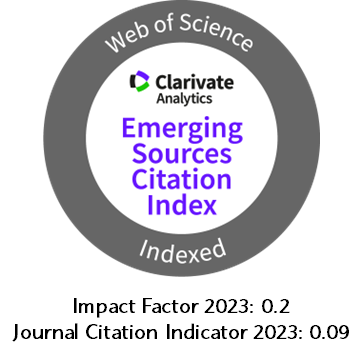Ranking of units by corrected cross-efficiency method using optimal weights in the smallest interval
DOI:
https://doi.org/10.5377/nexo.v33i02.10783Keywords:
Data envelopment analysis, decision-making units, secondary goals, cross-efficiency, CCR efficiencyAbstract
An important method for ranking of decision making units (DMUs) in data envelopment analysis (DEA) is cross-efficiency method. This study proposes a secondary multi-objective model for calculating optimal weights with least dispersion. Firstly, these weights are placed in the smallest interval. Secondly, the cross-efficiency of each of the other units has the least deviation from the CCR efficiency of the same unit. Therefore, optimal weights are obtained which have the least dispersion. As result, the zero optimal weights which lead to the triviality of the relevant index, are avoided as far as possible. Hence, using the average cross-efficiency, the results of the ranking would be more reasonable. Using the proposed model for ranking of six nursing homes, the results show that this model is more accurate. Finally, in order to improve performance of the emergency department of a hospital, the proposed model is used to rank 11 defined scenarios.
Downloads
577
Downloads
Published
How to Cite
Issue
Section
License
The authors who publish in Nexo Scientific Journal agree to the following terms:
- Authors retain the copyright and grant the journal the right of the first publication under the license Creative Commons Attribution License, which allows others to share the work with a recognition of the authorship of the work and the initial publication in Nexo Scientific Journal.
- Authors may separately establish additional agreements for the non-exclusive distribution of the version of the work published in the journal (for example, in an institutional repository or a book), with the recognition of the initial publication in Nexo Scientific Journal.
- Authors are allowed and encouraged to disseminate their works electronically (for example, in institutional repositories or in their own website) before and during the submission process, as it can lead to productive exchanges, as well as earlier and greater citation of published works.










